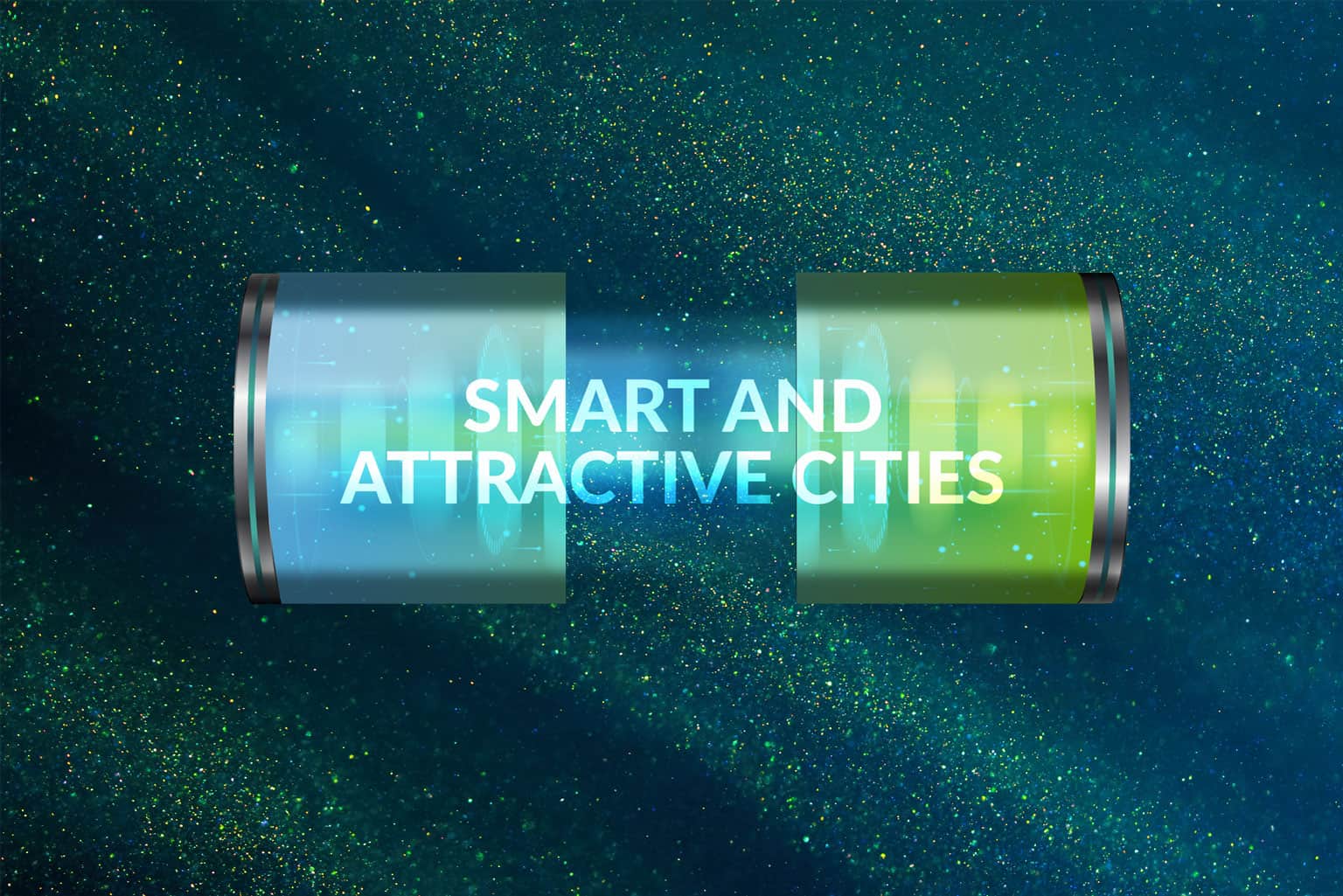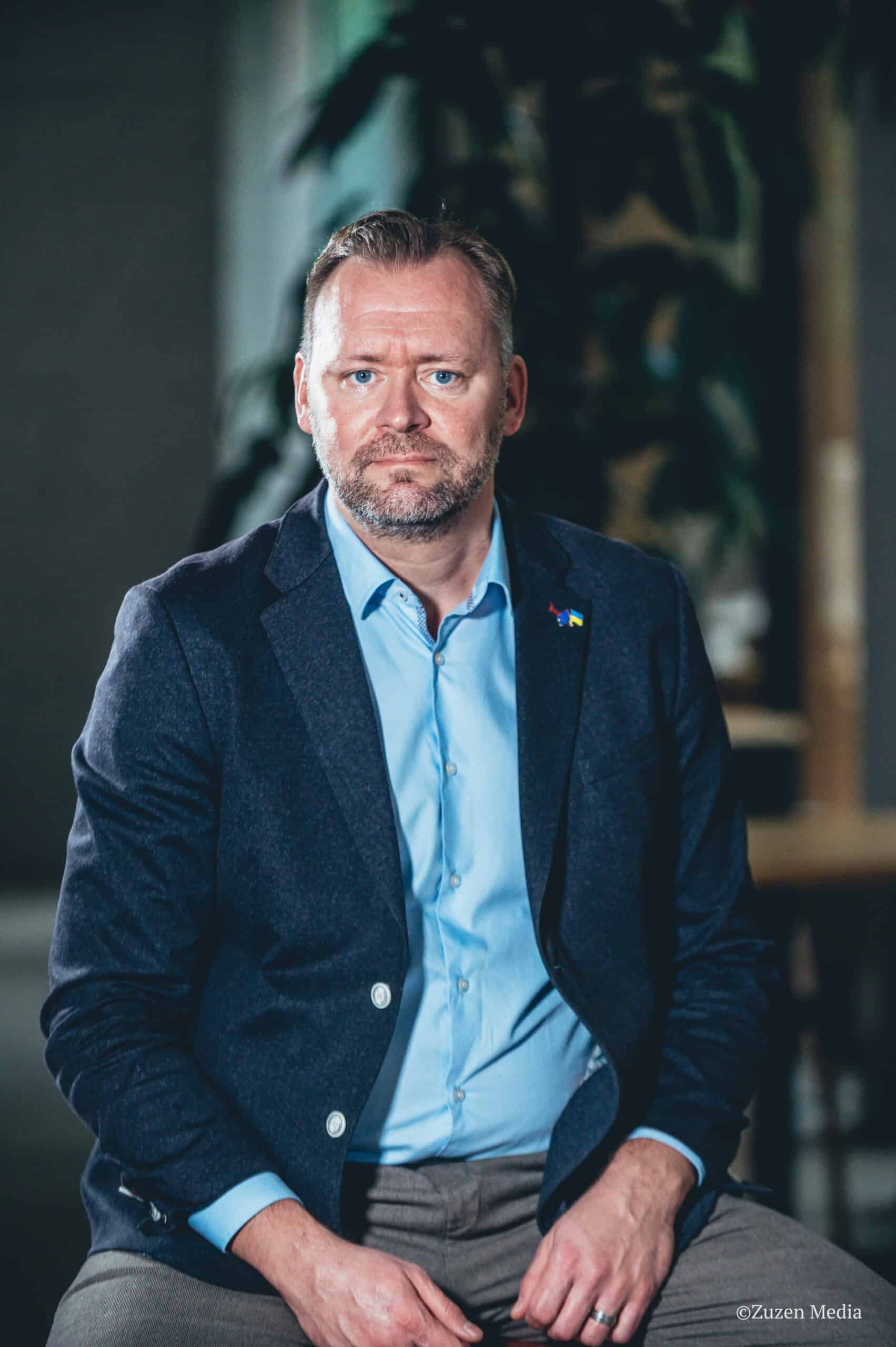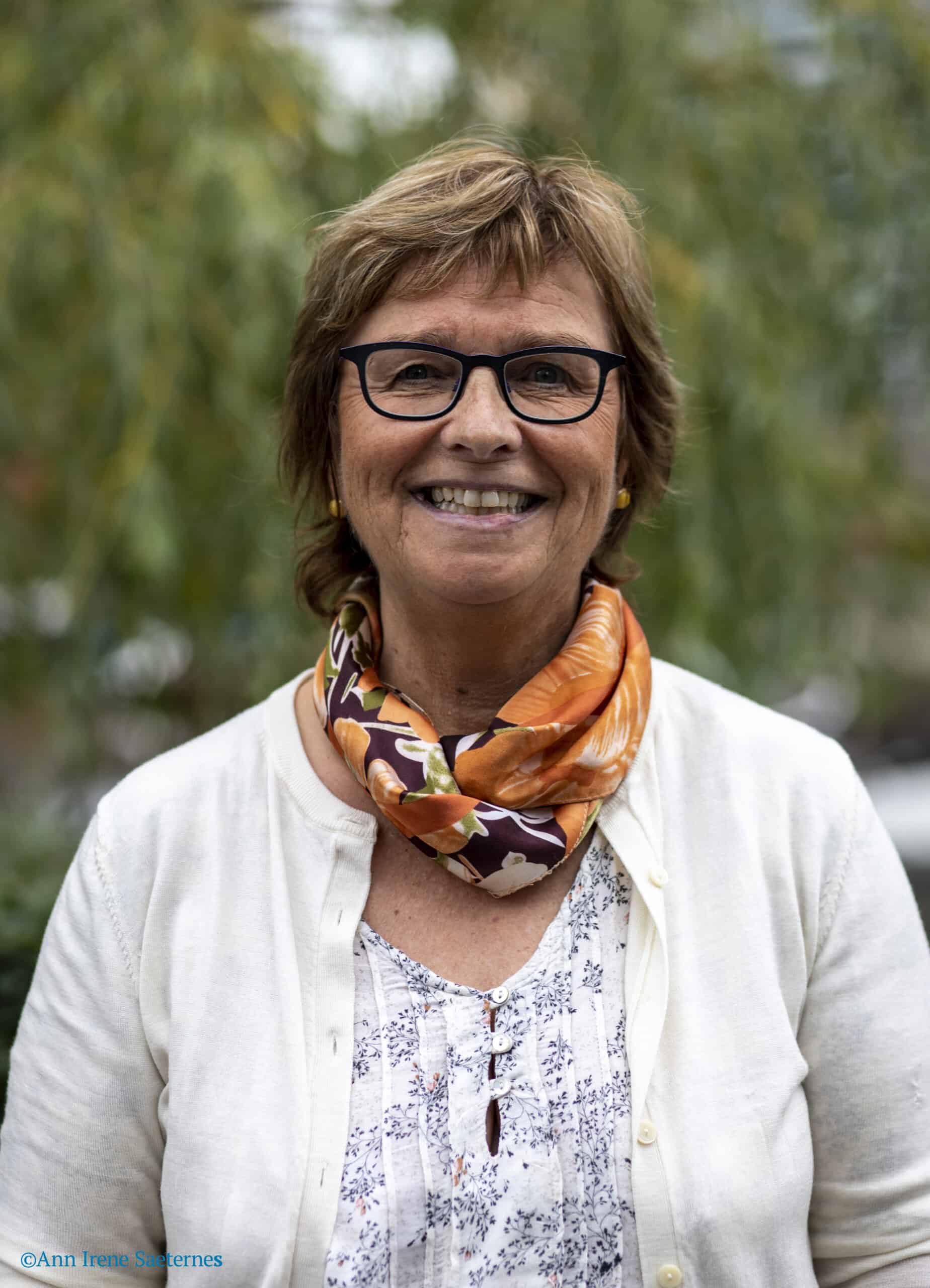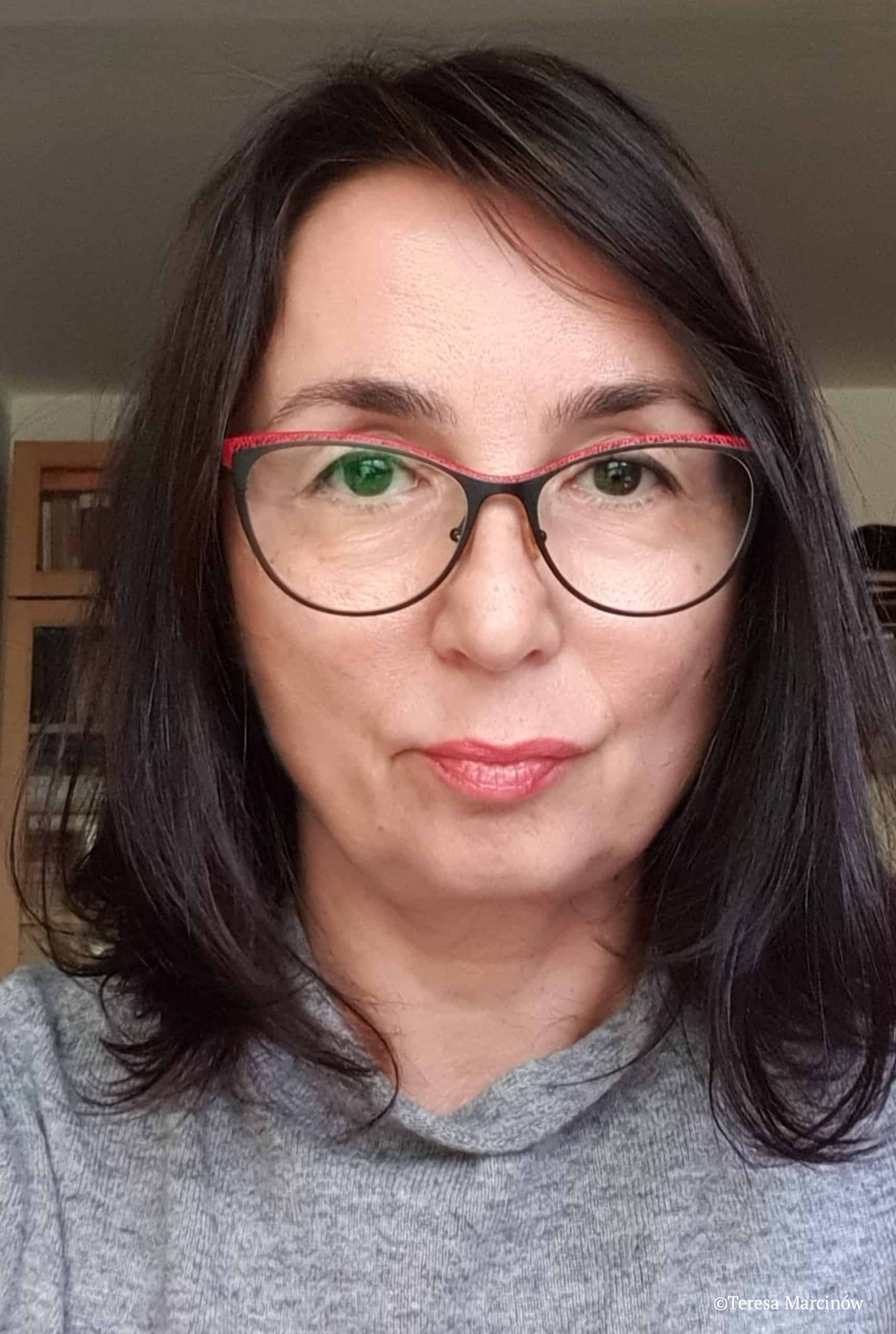
1 August 2023
How Interreg builds smart and attractive cities
#25yearsIBSR
Written by Elena Kolosova
Cities and towns are engines for the development
Cities and towns are engines for the development of the whole Baltic Sea region. Interreg projects helped them define their strengths and respond to emerging challenges. In the early 2000s, over 50 cities and towns learned together how to develop their services for the benefit of residents. Some focused on planning and developing their urban space and reconstructing residential quarters and industrial areas, while others created investment and marketing strategies by making use of the expertise of capital cities.
Esa Kokkonen, Director of the Baltic Institute of Finland and the coordinator of the policy area Innovation of the EU Strategy for the Baltic Sea Region
In 2005, we started to reach out to Tampere’s peer regions along Via Baltica Nordica Development Zone and with a related cooperation proposal. It was our first own Interreg Baltic Sea Region project. It was about building a network and learning from peers. These were our first steps in smart specialisation when we tried to understand what our strengths and assets as a northern European region. And we have been continuing ever since.”
New focus over the years
Between 2009 and 2014, projects brought cities closer to each other and promoted them jointly as one unique destination for tourism and for investments outside the Baltic Sea region. They also helped bigger cities and smaller towns transform their development and urban design strategies that considered the opinions of residents.
Ann Irene Saeternes, Monitoring Committee member from Norway, Eastern Norway County Network
Nowadays, youth empowerment and participation are well-established in Norway. Since 2020 it is regulated by law to establish youth councils and to involve young people in the region and municipalities’ debates and planning process. The Interreg projects played an important role in the process.”
Responding to new challenges
In 2016-2021, projects helped cities and towns deal with emerging societal and demographic changes and climate change challenges. Urban managers together with community activists, artists, and researchers engaged residents in urban social innovation to jointly develop visions for city spaces and design them as common community projects. Cities also developed urban mobility plans, established new mobility points, and introduced living street initiatives. They integrated autonomous public transport and e-mobility solutions, such as e-bikes, e-scooters, and e-buses, to increase the liveability of cities for residents.
Teresa Marcinów, Monitoring Committee member from Poland, Ministry of Development Funds and Regional Policy
#25yearsIBSR
This year, our Interreg Baltic Sea Region Programme is celebrating its 25th anniversary. For more examples of #MadeWithIBSR project results and testimonials of great people who have helped shape the regions with us, visit our birthday celebrations page!
Want to know more about the projects that have been helping cities and towns become more attractive? Flip through the project examples below:
More recent news
Grand results of the first round of small projects!
Despite the winter scenery, the results of 17 finalised Interreg Baltic Sea Region projects are in full bloom! And behind them lie two years of intensive work across borders, mutual learning and inspiration, and connections that last.
Climate-neutral future at hand for Baltic Sea region cities
Turning a city into a climate-neutral one requires knowledgeable people, thorough planning and solid financial resources. But how can cities manage this transition smoothly? The Interreg project Climate-4-Case guides cities around the Baltic Sea on how to do that right.
Designing Interreg Baltic Sea Region that belongs to everyone
10 December 2025 Designing Interreg Baltic Sea Region that belongs to everyone Written by Eeva Rantama What if the next Interreg Baltic Sea Region...
Monitoring the Programme’s progress: transnational cooperation in the making
Representatives from nine Programme area countries gathered in Berlin on 19-20 November 2025 to review the progress of the Programme’s implementation and start preparing for the post-2027 period.









